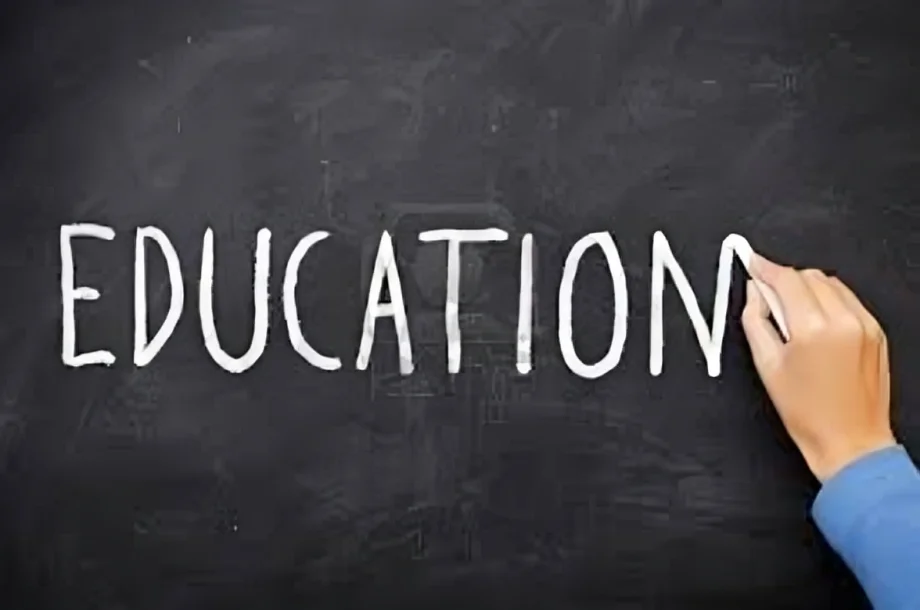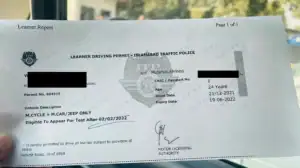Education is the backbone of any progressive nation. In Pakistan, where over 60% of the population is under the age of 30, quality education can play a crucial role in transforming the country’s future. With rapid advancements in technology, global integration, and increasing youth awareness, the benefits of education in Pakistan have become more vital than ever.
Why Education Matters in Pakistan
Education empowers individuals with knowledge, skills, and confidence. In Pakistan, where poverty and unemployment continue to challenge growth, education is the most effective tool to break the cycle. According to the Pakistan Bureau of Statistics, literacy in Pakistan stands at around 62.8% as of 2024. While this shows progress, the gap between urban and rural areas remains a concern.
Educated individuals contribute to stronger democracies, reduced crime rates, and better public health. Moreover, education fosters tolerance and national unity—elements essential for a diverse country like Pakistan.
Key Benefits of Education in Pakistan
| Aspect | Benefit |
|---|---|
| Economic Growth | Education improves job opportunities, reduces poverty, and boosts GDP. |
| Social Development | Educated citizens engage in community-building, innovation, and dialogue. |
| Health Awareness | Education reduces child mortality, promotes hygiene, and ensures well-being. |
| Gender Equality | Increases female participation in workforce and decision-making. |
| National Integration | Encourages unity among diverse ethnic and religious groups. |
| Reduced Crime Rates | Educated individuals are less likely to commit crimes. |
| Political Stability | Promotes informed voting, civic participation, and strong institutions. |
Government & Private Sector Initiatives
In recent years, several federal and provincial programs have been launched to promote education. The Punjab Education Sector Reform Programme (PESRP) and Sindh Education Foundation are just a few examples.
Moreover, EdTech startups like Taleemabad and Sabaq.pk are reshaping online learning for school children. These platforms are helping bridge the gap between urban and rural education quality.
The Ehsaas Education Stipend Program, launched by the government, also encourages low-income families to enroll their children in schools, especially girls.
Long-Term Impact on Pakistan’s Future
A well-educated youth means a capable workforce ready to meet future challenges. Countries like China and Malaysia have already proven how investing in education can change the economic and global status of a country. If Pakistan continues to increase its investment in quality education, especially technical and vocational training, the country can reduce its reliance on foreign aid and generate in-house innovation.
Read More: Swat Board Result 2025 Class 9 & 10 Released – Click to Check
FAQs About the Benefits of Education in Pakistan
Q1: What are the biggest barriers to education in Pakistan?
A: Lack of infrastructure, gender disparity, poverty, and teacher shortages are major obstacles.
Q2: How can education reduce poverty?
A: By enhancing skills and employability, education leads to better income opportunities and a higher standard of living.
Q3: What role do NGOs play in education in Pakistan?
A: NGOs like The Citizens Foundation (TCF) and Zindagi Trust run thousands of schools across Pakistan, offering affordable or free education to underprivileged children.
Q4: What is the future of online education in Pakistan?
A: With increasing internet access, online education is growing rapidly, especially in urban centers. Platforms like Coursera, Sabaq.pk, and Edopia are helping students learn remotely.
Q5: How does education promote peace and tolerance?
A: Education fosters critical thinking and teaches values like empathy, equality, and respect for diversity.
Read More: Matric 2025 Results Out: All Punjab Boards Declare SSC-II Scores
Education is more than a necessity—it is a lifeline for Pakistan’s development. With consistent policies, better public-private collaboration, and digital innovation, the country can overcome its educational challenges. By ensuring quality education for all, Pakistan can unlock its true potential and secure a prosperous future for generations to come.
.









